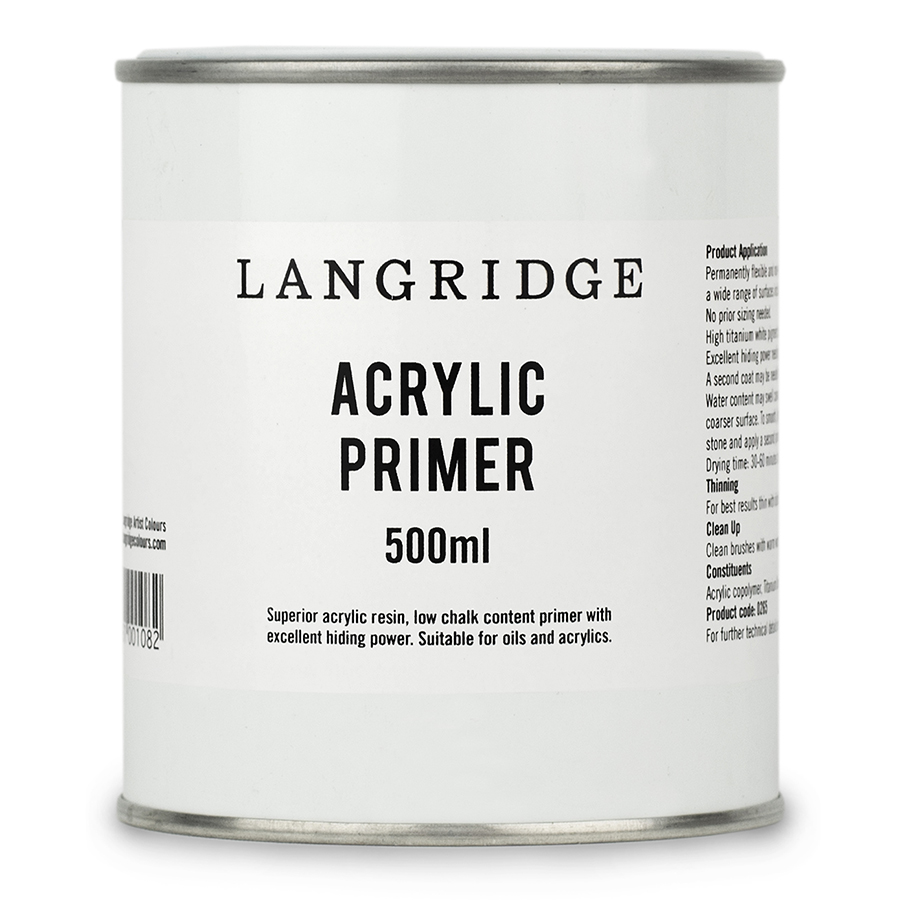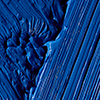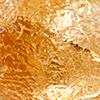Acrylic Primer
A superior acrylic resin, low chalk content primer with excellent hiding power. A fluid primer that does not need further dilution for easy brushing. Permanently flexible and non-yellowing.
High Titanium White loading. Suitable for oils and acrylics.
Constituents
Acrylic CoPolymer Emulsion, Titanium Dioxide Pigment, Talc, Calcium Carbonate, Wetting Agent, Defoamer.
Product code:
026

Acrylic Primer Product Information
Product Application
Langridge Acrylic Primer may be applied to a wide range of surfaces including raw canvas, wood and paper.
No prior sizing needed.
Apply undiluted with a brush directly onto the support. Load the brush liberally and work in a systematic and even manner across the suport from one corner to the next.
Because of a high titanium white pigment content, it has excellent hiding power needing only one coat application. A second coat may be needed for extremely absorbant surfaces.
When applying to canvas (cotton or linen) the water content will swell the canvas fibres. When the primer dries the swollen fibres, now held in place by the acrylic resin, will tend to give the surface a rough, abrasive surface. If wanting a smoother surface, lightly sand using a pumice stone with a flat face. Once lightly sanded and wiped down with a dry cloth, a second coat of Acrylic Primer may be applied.
Arylic Painting can commence immediately, however if painting with oils, Langridge recommends allowing 72 hours.
Thinning
For best results thin with distilled water. May be substituted with tap water (tap water may contain impurities)
Appearance
Langridge Acrylic Primer is a white liquid with a characteristic acrylic odour.
Clean Up
Clean brushes with warm water immediately after use
For further washing apply a small quantity of Marseille or other pure olive oil soap and massage the bristles of the brush to release any remaining primer. Wash thoroughly in warm water. Leave to fully dry before using for oil colours.
Drying Times
1-2 hours to touch dry. Any airflow over the surface will evaporate the water content more rapidly which will reduce drying times.
Full film drying 72 hours




